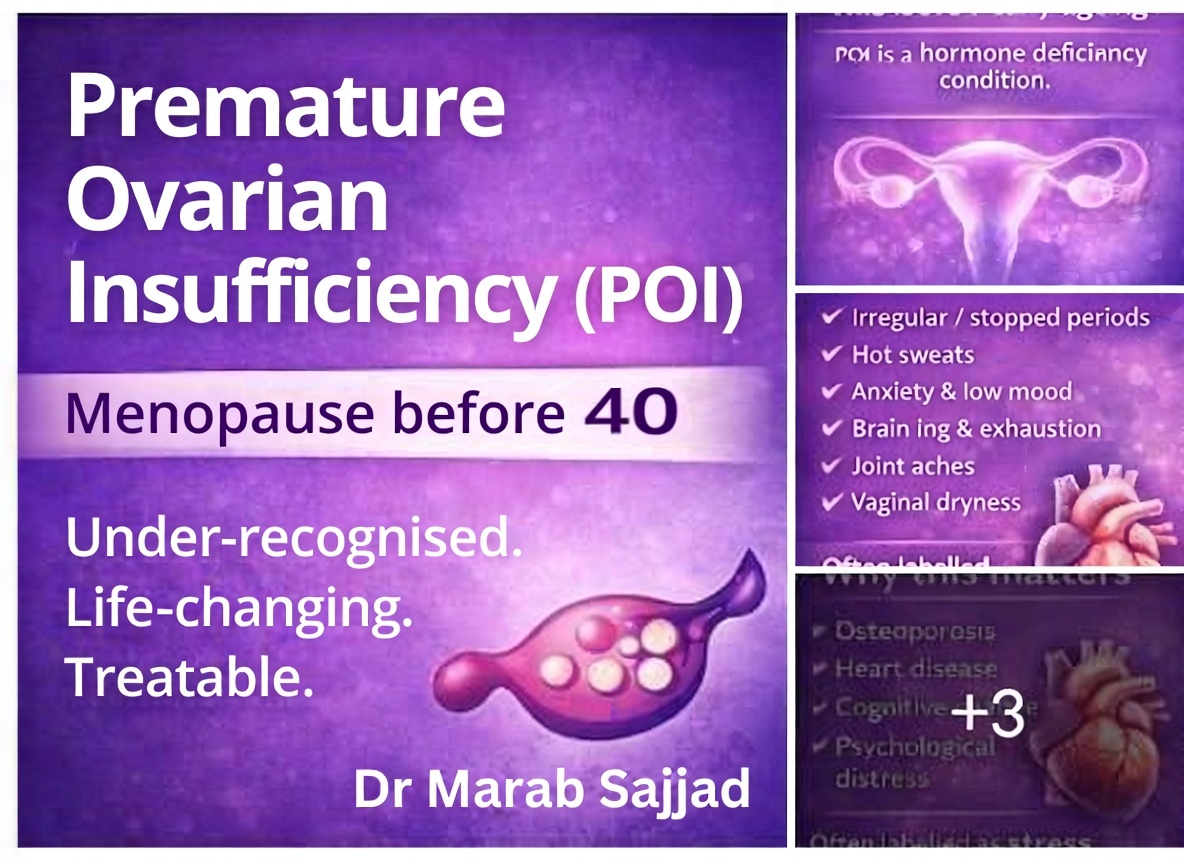Uncategorized
-
Before a Child Is Conceived, Their Future Is Decided: The Truth Humanity Can No Longer Ignore
By Dr. Marab Sajjad Nutrition for Preconception Health and Fertility How What We Eat Before Pregnancy Can Change Lives, Families, and the Future of Humanity Introduction: Before Life Begins, Health Begins Before a baby is born…Before a heartbeat is heard…Before a mother knows she is pregnant… Life is already being shaped. Most people think pregnancy…
-
The First Hour After You Wake Up Is Quietly Controlling Your Entire Life
Your Morning Is One of the Most Powerful Neurological Gateways of Your Entire Day Introduction: The Silent Power of Morning Every morning, something very quiet happens. The world is still half asleep.The noise has not fully arrived.Your phone is silent.Your mind is soft.Your heart is open. And yet…Most people rush through this moment like it…
-
“One Light, Many Names: The Universal Path of Inner Awakening”
Kundalini Bridging Course: The Serpent Between Light & Form Introduction: Why Kundalini Is Calling Humanity Again In many parts of the world today, people feel lost, tired, anxious, and disconnected.Even with technology, comfort, and information everywhere, something feels missing inside. This is why ancient spiritual teachings are returning — especially Kundalini energy. Kundalini is not…
-
Sex, Lies, and Emails: The Therapy Room Where Trust Went to Die
Sex, Lies, and Emails: The Dark Side of Therapy No One Wants to Talk About Read This Slowly. It Might Change How You See Trust Forever. People don’t go to therapy because life is good. They go when: They go when they can’t breathe inside their own mind. And when they walk into that room,…
-
THE SPIRITUAL CODE OF 9TH CHAPTER OF QURAN.
Surah At-Tawbah (Chapter 9) — A 30-Day Life-Changing Meditation for the Modern World 🌍 What This Chapter Teaches Us Today Surah At-Tawbah means Repentance. It is a wake-up call from Allah. It talks about: The chapter tells us: “Wake up. Be honest. Change yourself and society.” No “Bismillah” at the start means: this is urgent,…
-
Surah Al-Ma’idah: The Chapter That Can Heal a Broken World
**Surah Al-Ma’idah (Qur’an – Chapter 5): A Divine Message for a Broken Modern World** 🌍 If the world feels angry, confused, divided, and tired — Surah Al-Ma’idah was revealed exactly for times like this. Surah Al-Ma’idah means “The Table Spread” — a symbol of shared food, shared responsibility, shared humanity. This chapter talks about: In…










